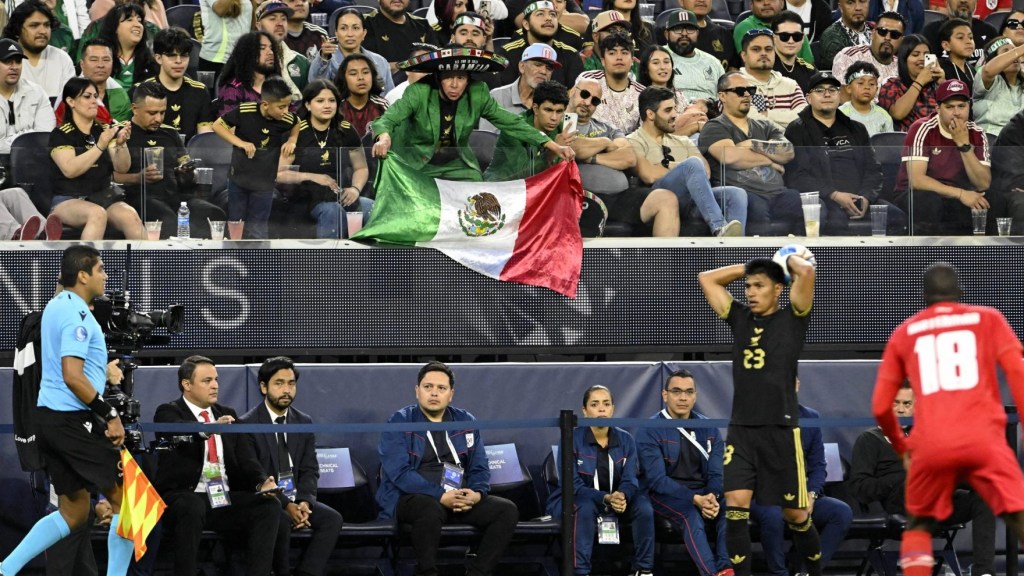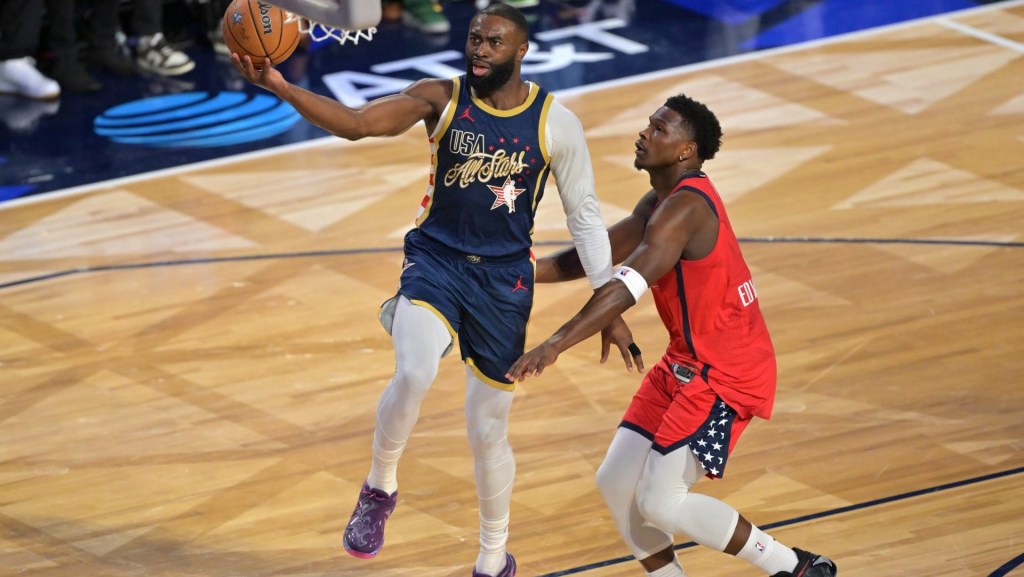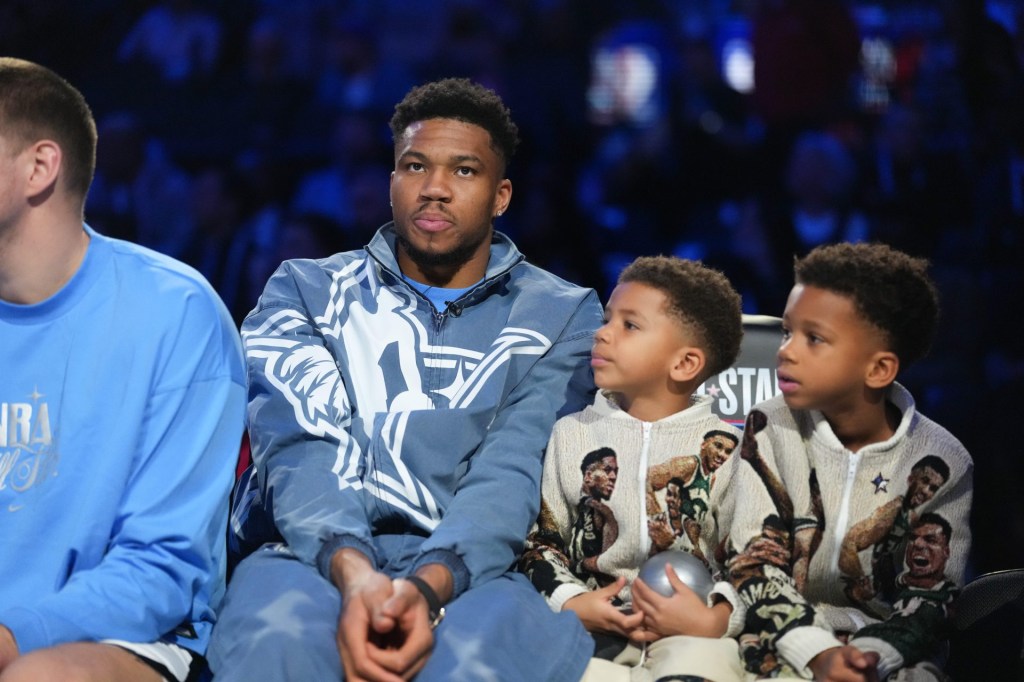Tigers prospect writer Emily Waldon was talking to professional baseball players recently, and came back with some unusual advice:
Make sure your energy drink doesn’t make you test positive for cocaine.
Waldon wrote Sunday that West Michigan Whitecaps players were discussing “MLB-approved energy drinks” in the dugout.
“Was told MLB provides a list of drinks that have been tested to not flag during drug testing. Most popular among the West Michigan [Whitecaps] players on the acceptable drinks list: C4 and Red Bull,” she posted on X. “Celsius has an ingredient known to flag as cocaine in MLB drug testing and although it’s not officially banned, it’s ‘strongly discouraged,’ I’m told.”
The Whitecaps are the Tigers’ High-A affiliate, one level below the Erie SeaWolves of recent “Last Week Tonight with John Oliver” fame. Waldon later deleted the tweet, though not before it rocketed around social media, and told Front Office Sports she didn’t have any more information to provide besides players hearing that Celsius could cause a positive drug test.
MLB and the MLBPA each tell FOS they only recommend and provide drinks to players that are NSF Certified for Sport, a list that includes C4 and Red Bull but not Celsius. Both the league and union said they are “not aware of any specific ingredient in Celsius that would cause a positive test result, and have not communicated this view to any Club or player.” The entities said they believe non-certified energy drinks are “risky to consume” and that players are “urged” to only have ones from the list.
NSF did not respond to questions about why Celsius is left off its Certified for Sport list.
“I don’t really know what would cause a positive cocaine screening from drinking that energy drink, unless you were also drinking cocaine,” Dr. Peter Chai, an associate professor of emergency medicine and medical toxicology at Harvard’s Brigham and Women’s Hospital, tells FOS. “Celsius itself, as far as I know from looking at the ingredient list, does not have a component that would trigger a urine drug screen.”
A WhiteCaps spokesperson says they didn’t tell players Celsius could cause a positive test for cocaine, saying they “are not involved in player nutrition and would not have any insight” into the situation.
A spokesperson for Celsius denies the “spurious second-hand claim” that the drink could cause a positive test for cocaine.
“Celsius is completely safe and is enjoyed by professional athletes, fitness enthusiasts, and college students as part of their fit lifestyles,” says the spokesperson in a statement to FOS. “Claims that Celsius could cause one to fail a drug test have been proven false, and there is no merit to these claims.”
My colleague Alex Schiffer volunteered himself for a one-person experiment, starting at a Duane Reade near the FOS Manhattan office. He purchased a drug test and sparkling orange flavored Celsius, drank it, and self-administered the test. The 12-ounce can contains 200 milligrams of caffeine and came back negative for cocaine and the six other substances on the panel—amphetamines, ecstasy, marijuana, methamphetamine, opiates, and phencyclidine, also known as PCP.
The NBA and WNBA don’t have a list of banned consumer drinks or food products, a person familiar with the leagues tells FOS. An NWSL spokesperson said the league doesn’t have an approved drink list, and an NFLPA spokesperson said they weren’t aware of any list.
MLB administers more than 11,000 drug tests to major league players on 40-man rosters each year and has only come up with three major league positives in the past two years, all for performance-enhancing substances. It also separately administers tests to minor league players, which led to at least 19 PED suspensions last year.
Players are tested in spring training and randomly at least once throughout the year. The “drugs of abuse” tested in the major and minor leagues are synthetic THC and cannabimimetics, cocaine, LSD, opiates and opioids, MDA, MDMA, bath salts, GHB, and PCP.
Baseball tweaked its “drugs of abuse” policy after Angels pitcher Tyler Skaggs died of a fentanyl overdose in 2019. Before 2020, there had been no random testing for opiates and other recreational drugs; now, players are tested, but the results lead to potential treatment. Before minor league players unionized and signed a collective bargaining agreement in 2023, MLB unilaterally administered the testing program; now, it’s a joint program and players can appeal any discipline.
Under MLB policy, testing positive for these substances leads to a meeting with the “Treatment Board” and potentially undergoing a “Treatment Program” that can include counseling, inpatient or outpatient treatment, alcohol tests, and follow-up drug tests.
While getting treatment, players keep their full salary for the first 30 days, earn half salary for the next 30 days, and afterward lose their salary.
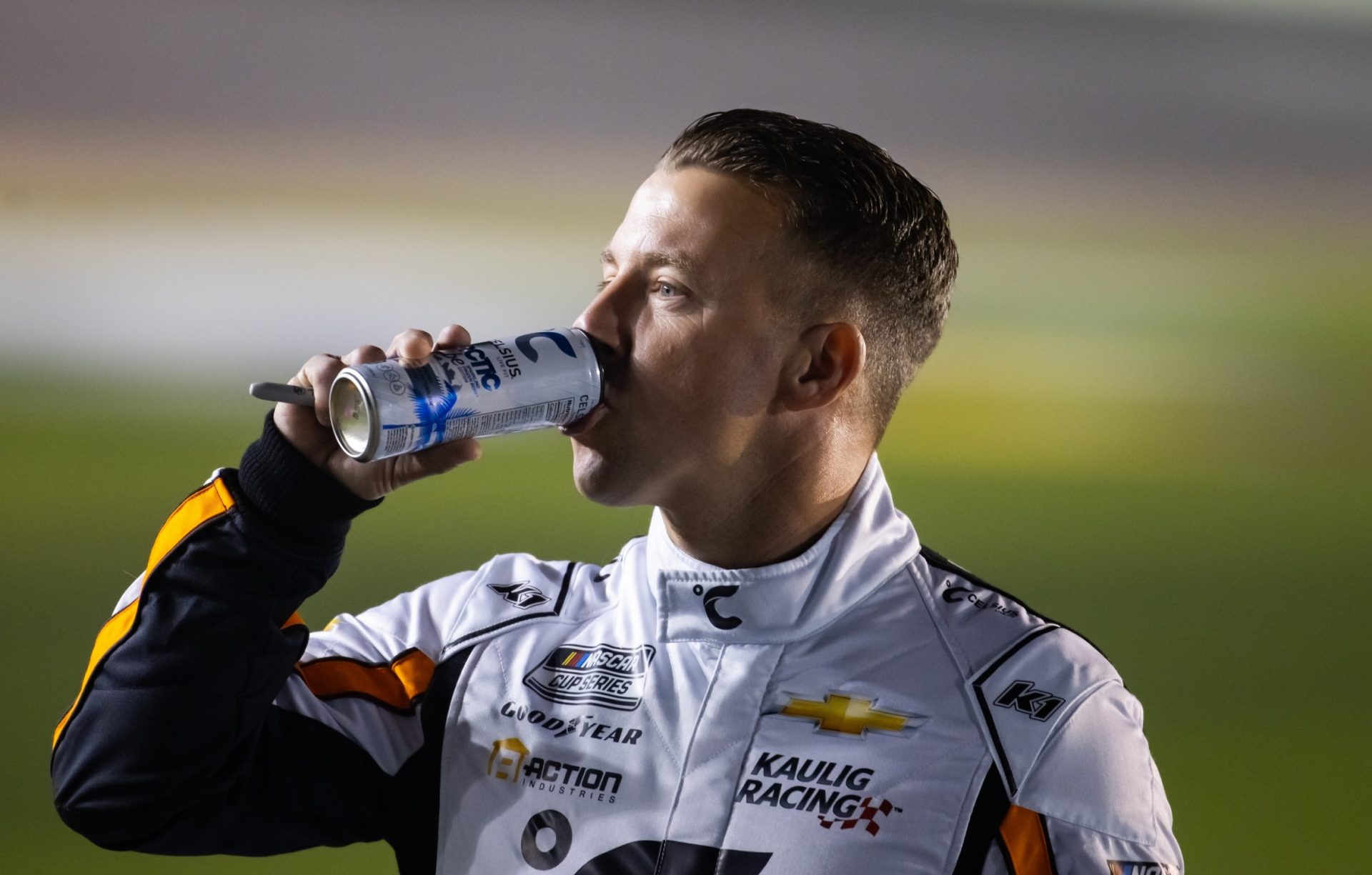
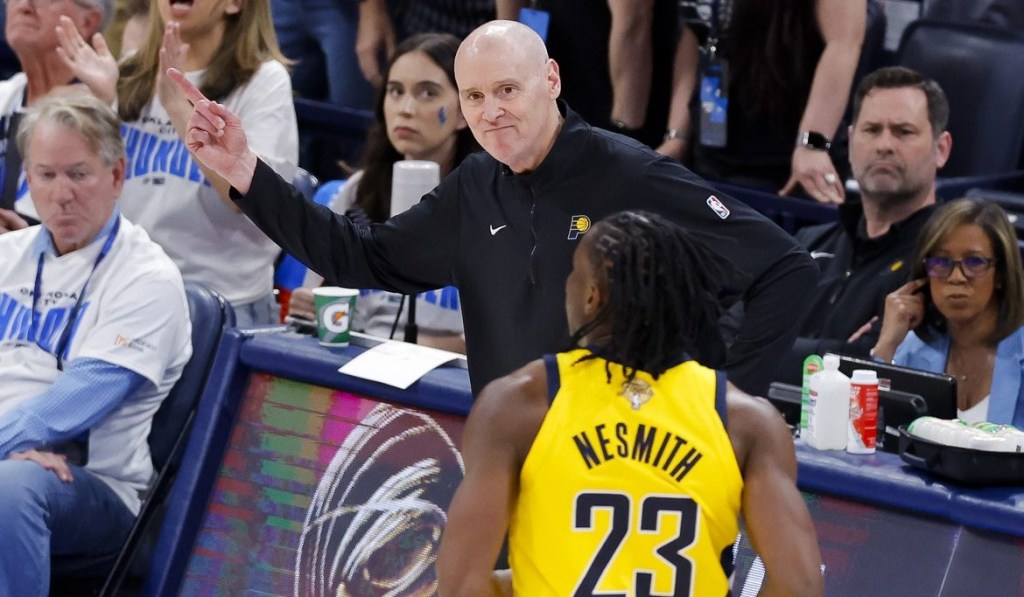
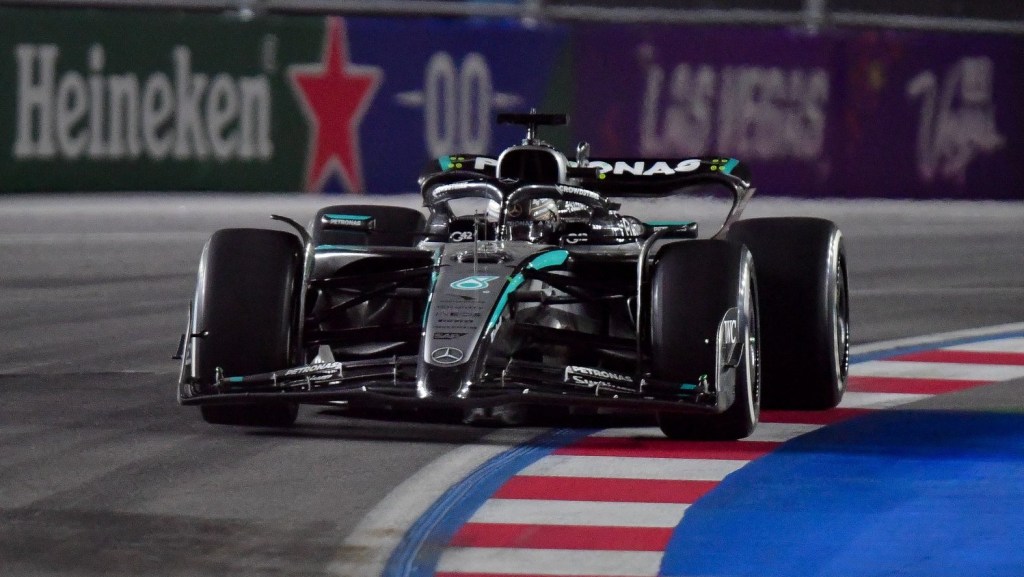
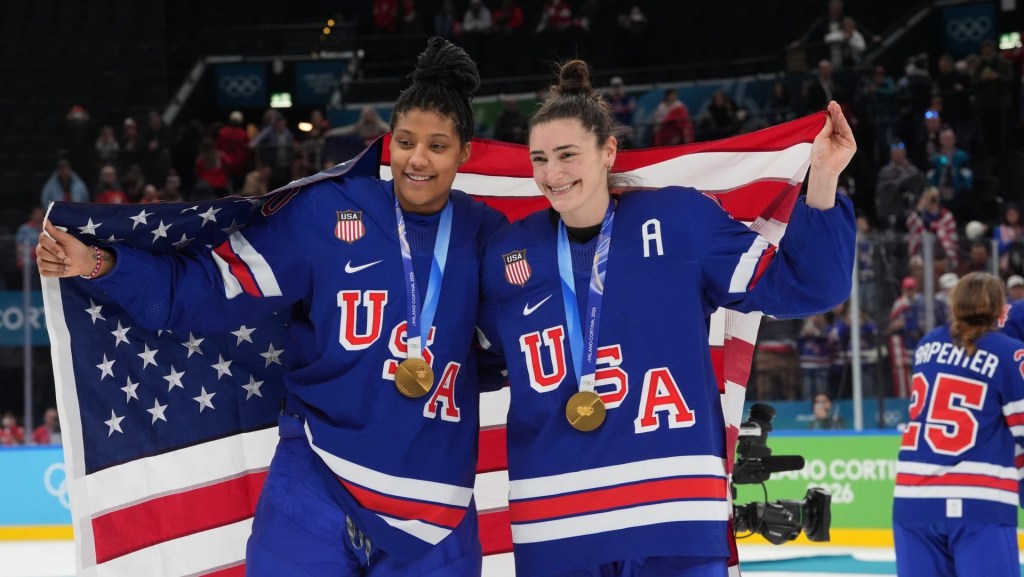
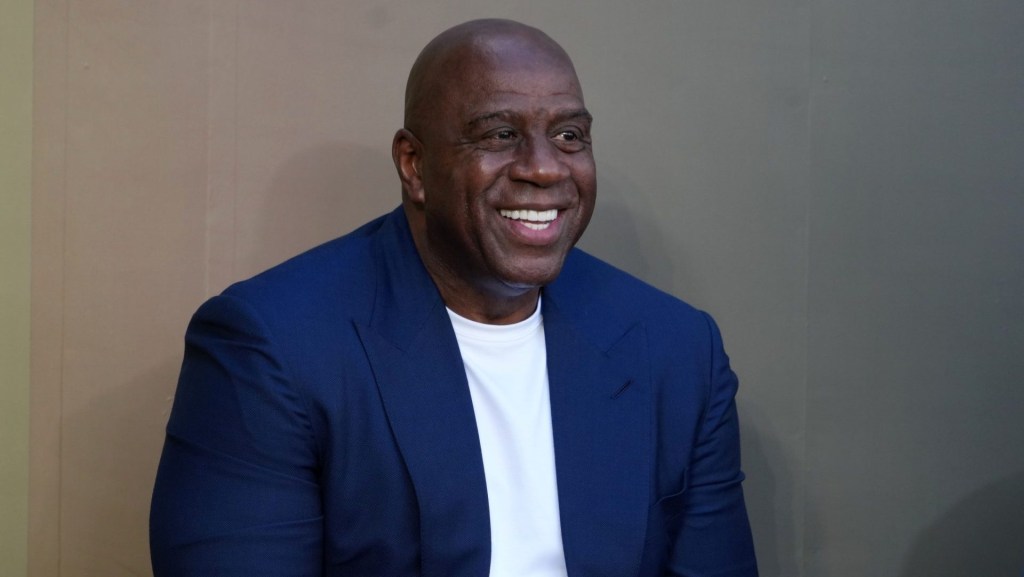
![[Subscription Customers Only] Jul 13, 2025; East Rutherford, New Jersey, USA; Chelsea FC midfielder Cole Palmer (10) celebrates winning the final of the 2025 FIFA Club World Cup at MetLife Stadium](https://frontofficesports.com/wp-content/uploads/2026/02/USATSI_26636703-scaled-e1770932227605.jpg?quality=100&w=1024)







